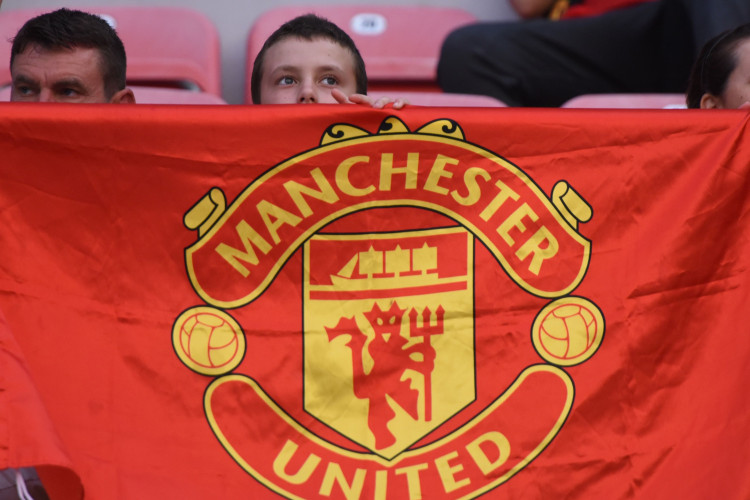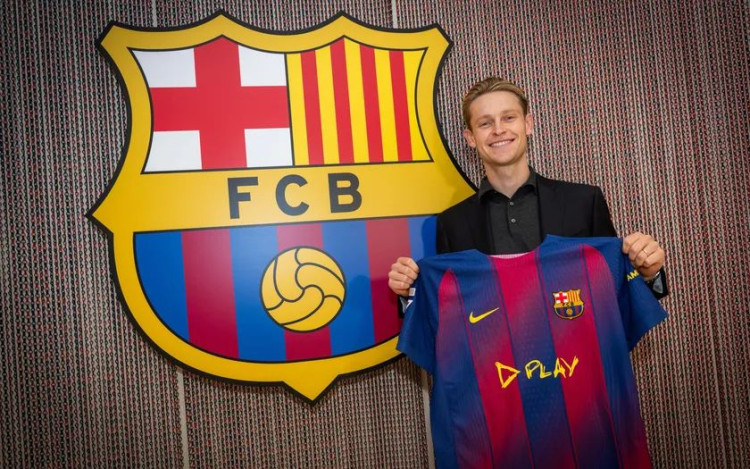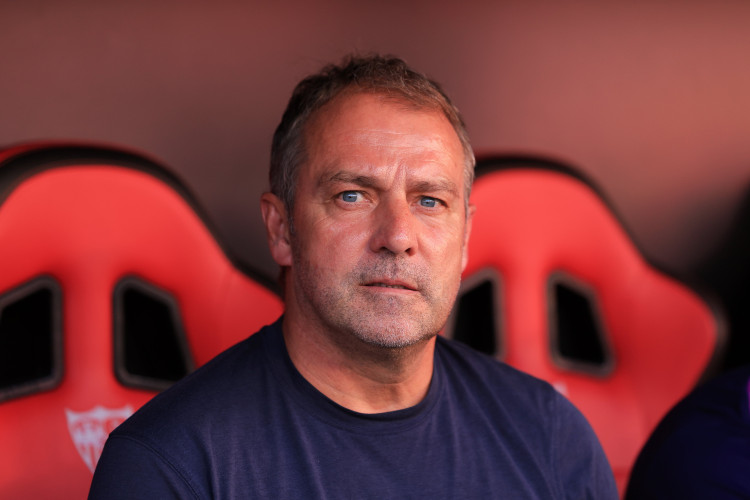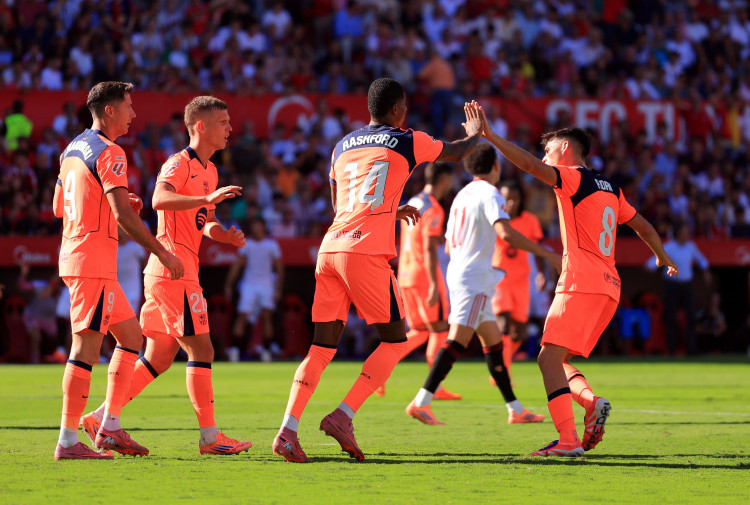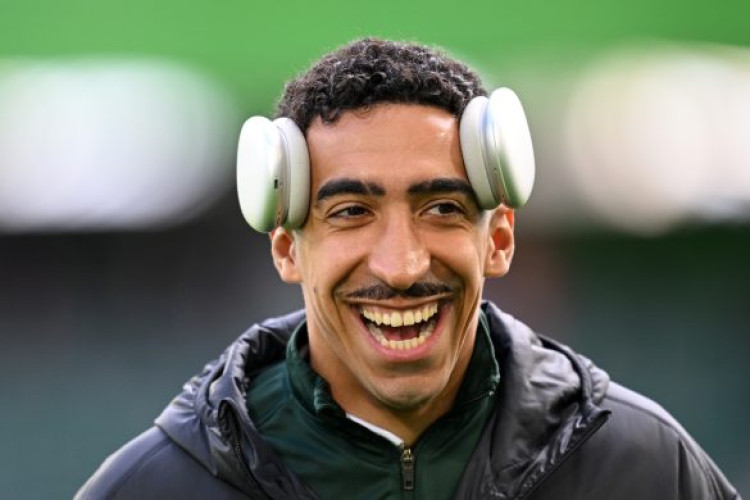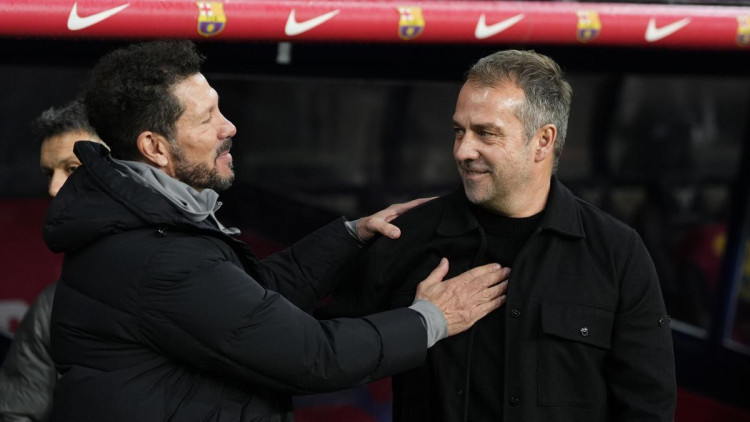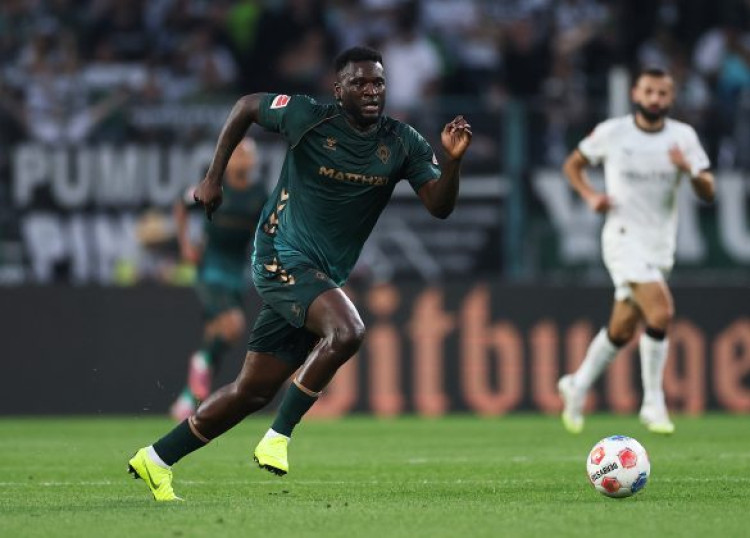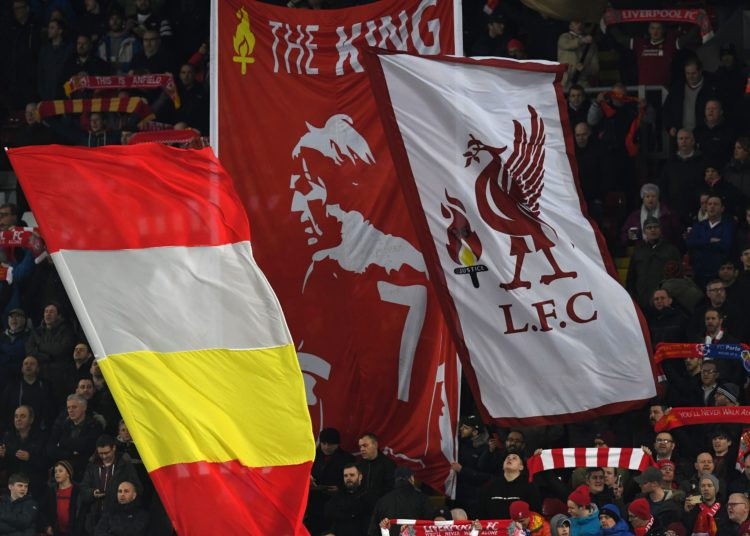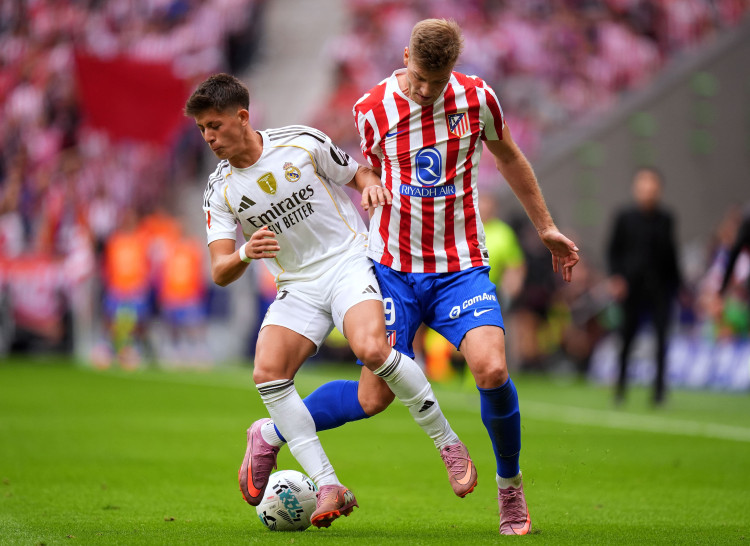
How Real Madrid’s New Generation Is Shaping the Future of La Liga
In the ever-evolving world of Spanish football, Real Madrid stands as a symbol of ambition and renewal. As La Liga continues to evolve in 2025, the club’s new generation of young stars is redefining what it means to dominate the Spanish and European stage. From Jude Bellingham’s relentless brilliance to Arda Guler’s creativity, Real Madrid’s emerging core represents a football philosophy built on intelligence, patience, and adaptability. Interestingly, even off the field, their approach mirrors the careful strategy and timing found in Canada online poker, where calculated decisions often determine long-term success.
A Shift from Galacticos to Growth
For years, Real Madrid’s identity was tied to the ‘Galactico Era’ – bringing in global icons like Cristiano Ronaldo, Kaka, and David Beckham. That era cemented their status as a football powerhouse, but it also came with challenges: short-term focus, huge financial commitments, and limited squad balance.
Today, under Florentino Perez’s forward-thinking strategy, Real Madrid are prioritising sustainability over spectacle. Rather than chasing instant fame, the club is investing in players who can lead the team for the next decade. This isn’t just a transfer policy – it’s a cultural transformation.
Players like Bellingham, Aurelien Tchouameni, Eduardo Camavinga, Guler, Vinicius Jr., and Rodrygo Goes have become the face of their evolution – not because of their star status, but because of their mentality, discipline, and adaptability.
Jude Bellingham: The Symbol of Madrid’s New Era
Few players have made an impact in Spain as quickly as Jude Bellingham. Since arriving from Borussia Dortmund, the English midfielder has blended technical precision with unmatched maturity. He’s not just a goalscorer – he’s a leader, a motivator, and a bridge between the past and the future.
His calmness under pressure, game intelligence, and hunger for improvement reflect the exact values Madrid wants in its new generation — resilience, discipline, and leadership.
Arda Guler and Endrick Felipe: The Future
At just 20, Arda Guler embodies the creative essence of Spanish-style football – flair, vision, and artistry. Despite injuries slowing his start, he’s shown moments that remind fans of classic La Liga maestros like Isco Alarcon and Andres Iniesta. His quick decision-making and ability to change tempo make him a natural fit in Madrid’s system.
Endrick’s explosive pace and fearless dribbling have drawn comparisons to the young Ronaldo Nazario. Scouts believe he could be Madrid’s next long-term forward, forming a dynamic trio alongside Vinícius Jr. and Kylian Mbappe.
Building a Smarter Football Philosophy
Real Madrid’s modern success doesn’t come from money alone – it’s powered by data-driven scouting, global analytics, and strategic management. The club now tracks performance metrics, recovery cycles, and player psychology to shape long-term development plans.
This “smart football” approach mirrors the evolution of La Liga itself. Spanish clubs have moved away from pure instinct-driven coaching to evidence-based performance planning, focusing on tactical versatility, pressing patterns, and physical optimization.
La Liga’s Competitive Revival
La Liga, once dominated by experience-heavy squads, is now seeing a youth renaissance. The average age of starting lineups across the league has dropped significantly in recent seasons, proving that the future of Spanish football lies in nurturing, not importing.
This shift also revitalises fan interest. Supporters are connecting emotionally with players they’ve seen develop, creating a stronger link between teams and communities – something that had faded during the Galactico era.
Blending Tradition with Innovation
What makes Real Madrid’s new generation unique is how they balance tradition with modernity. The club’s DNA – attacking football, mental toughness, and European ambition – remains untouched. But behind the scenes, sports science, performance analytics, and tactical adaptability now drive decision-making.
Even legends like Luka Modric and Toni Kroos have played crucial mentoring roles, guiding younger players on leadership and professionalism. It’s this seamless integration of youth and experience that makes Madrid’s system sustainable.
Beyond Madrid: A Model for Modern Football
Real Madrid’s approach is influencing not only Spain but also the broader European football community. Their success has become a case study in rebuilding a dynasty without losing identity.
By trusting youth, embracing analytics, and maintaining their winning culture, Madrid has proven that dominance in the modern era isn’t just about money . it’s about vision and patience.
Final Thoughts
As La Liga enters a new chapter, Real Madrid’s young stars are writing the script. They’re not just carrying forward a legacy – the aim will be creating one of their own. The era of the new Galacticos has begun – not built on transfers and headlines, but by talent, trust, and time.



